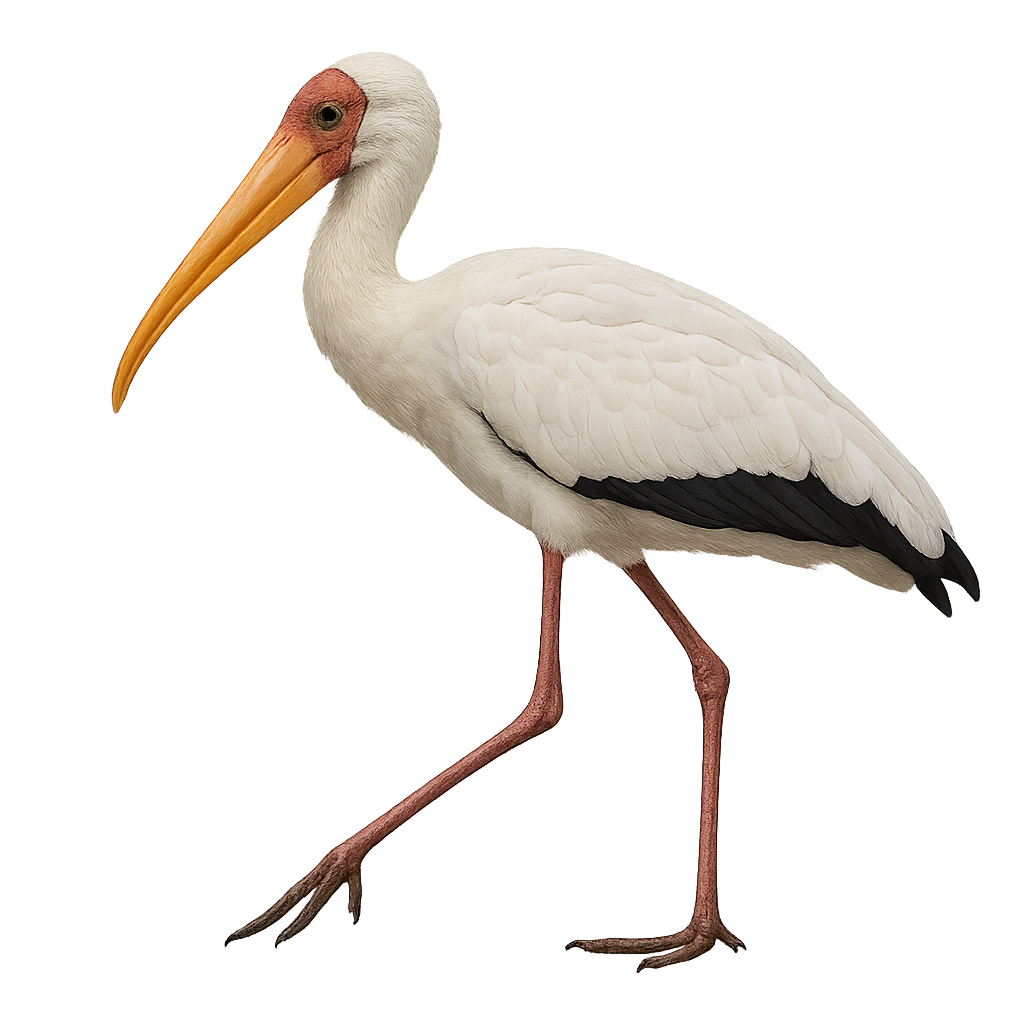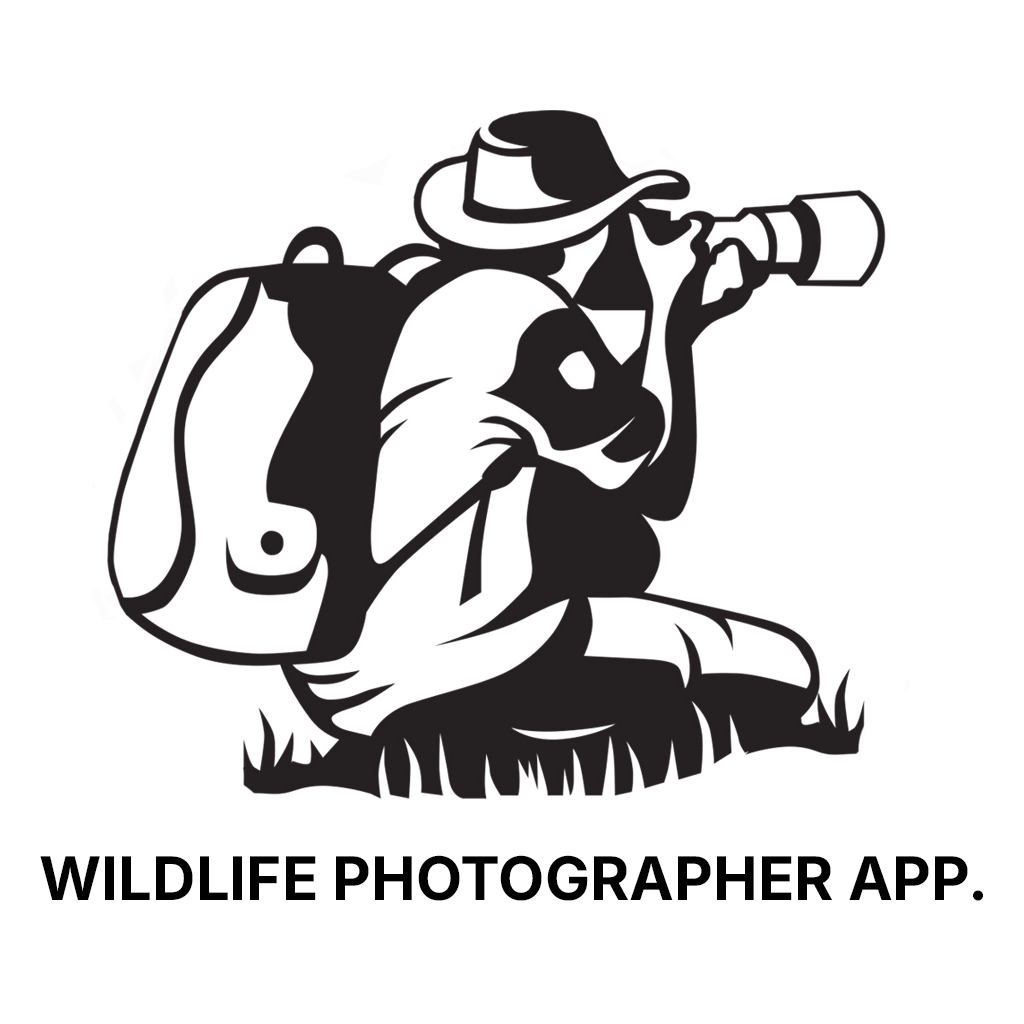Your wildlife photography guide.
Explore the milky stork in detail, study its behavior, prepare your shots.
Where to observe and photograph the milky stork in the wild
Learn where and when to spot the milky stork in the wild, how to identify the species based on distinctive features, and what natural environments it inhabits. The WildlifePhotographer app offers tailored photography tips that reflect the milky stork’s behavior, helping you capture better wildlife images. Explore the full species profile for key information including description, habitat, active periods, and approach techniques.
Milky Stork
Scientific name: Mycteria cinerea

IUCN Status: Vulnerable
Family: CICONIIDAE
Group: Birds
Sensitivity to human approach: Suspicious
Minimum approach distance: 10 m
Courtship display: September to November
Incubation: 27-30 jours
Hatchings: September to December
Habitat:
Wetlands, mangroves, estuaries
Activity period :
Primarily active during the day, with peak activity in the morning and late afternoon.
Identification and description:
The Milky Stork, Mycteria cinerea, is a large wading bird found in the wetlands of Southeast Asia, particularly in Indonesia and Malaysia. It is characterized by its striking white plumage, long red legs, and yellow bill. This bird is often seen foraging in shallow waters, feeding mainly on fish, crustaceans, and aquatic insects. Unfortunately, the Milky Stork is classified as vulnerable due to habitat loss and hunting. Conservation efforts are crucial to ensure its long-term survival.
Recommended lens:
400mm – adjust based on distance, desired framing (portrait or habitat), and approach conditions.
Photography tips:
To photograph the Milky Stork, focus on wetlands where it is commonly found. Use a telephoto lens of at least 400mm to capture detailed images without disturbing the bird. Be patient and discreet, as this bird is suspicious. Opt for early morning or late afternoon hours to benefit from soft lighting and avoid reflections on the water.
From knowledge to field practice
A species profile helps you understand an animal. In the field, the challenge is often different. Remembering your own observations.
The WildlifePhotographer app allows you to:
• record your personal observations
• note locations, dates, and behaviors
• revisit your field references over time
• build a private and long-term field logbook
The app does not provide observation locations.
It helps you organize what you actually observe, with respect for wildlife.

